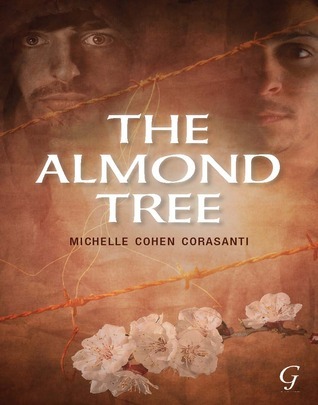
To the End of the Land
Book Description
A mother sets out on a treacherous hike through the Israeli landscape, clinging to the hope that her journey will spare her son from the horrors of war. As she traverses the land, every step brings forth haunting memories and raw emotions, unraveling the fabric of family bonds and the heavy weight of love. With each encounter, the tension escalates, blurring the lines between fear and resilience. Can one woman's quest to escape the reality of conflict ultimately lead her to face the truths she fears most? The mountains echo her desperation—will she find peace, or will the past consume her?
Quick Book Summary
"To the End of the Land" by David Grossman explores the emotional and psychological landscape of a mother, Ora, whose son Ofer is called back to military service in Israel. Unwilling to wait passively for potentially devastating news, Ora embarks on a journey across the country, accompanied by her estranged friend Avram. As she hikes, Ora revisits the joys and pains of motherhood, the scars inflicted by the endless cycle of conflict, and her complex relationships with her family. The novel is a profound meditation on fear, love, and resilience within the context of war, using the Israeli landscape as a living tapestry interwoven with memory, trauma, and hope. Through Ora's odyssey, Grossman confronts the personal costs of national conflict, the depth of parental love, and the struggle to safeguard one's humanity in the face of relentless uncertainty.
Summary of Key Ideas
Table of Contents
The Emotional Cost of War
The novel centers on Ora, an Israeli mother whose son Ofer volunteers for a dangerous military operation just as his service is ending. Overwhelmed by anxiety and unable to endure waiting for news, Ora undertakes a hiking journey through Israel’s northern terrain. She is driven by a superstitious hope: that as long as she keeps moving, she can somehow protect her son from harm. Her decision, both desperate and defiant, forms the emotional heartbeat of the story, illuminating the paralyzing uncertainty experienced by families living in conflict zones.
The Power of Maternal Love and Fear
As Ora ventures further into the landscape, she is joined by Avram, an old friend and Ofer’s biological father, whose life has been shattered by his own wartime trauma. Their trek becomes a cathartic journey as Ora recounts Ofer’s life in painstaking detail, as though layering their memories might shield him from fate. Through these stories, Grossman examines the intersections of love, memory, pain, and resilience, offering glimpses into the hidden recesses of both personal and collective trauma.
Memory, Trauma, and Storytelling
The novel intricately weaves personal relationships and broader social themes, with Ora’s narrative emerging as a powerful testament to maternal love and the depths of parental fear. The fragile, evolving friendship between Ora and Avram, marked by shared histories and unspoken grief, reveals the ways in which war distorts and defines intimate bonds. Their connection is both a refuge and a reminder of what conflict has cost them—personally and as a community.
Friendship and the Complexity of Human Bonds
Throughout their journey, the Israeli landscape emerges as a central character, both beautiful and forbidding—bearing witness to joy, sorrow, and survival. Grossman’s descriptive prose connects geography with emotion, embodying the turbulent history and hope of an entire nation. Places along Ora’s route are laden with memories, each step echoing the inescapable presence of war and the longing for peace. This symbolism reinforces the indivisibility of personal and national identities in the face of ongoing strife.
The Israeli Landscape as a Living Presence
In the end, Ora’s odyssey becomes both an act of resistance and reconciliation with her own fears. Her desperate attempt to control fate gives way to a hard-won acceptance of uncertainty and loss. While peace remains elusive, her journey uncovers the enduring power of love and memory to sustain and transform—offering both personal and collective possibility, even in despair.
Download This Summary
Get a free PDF of this summary instantly — no email required.





